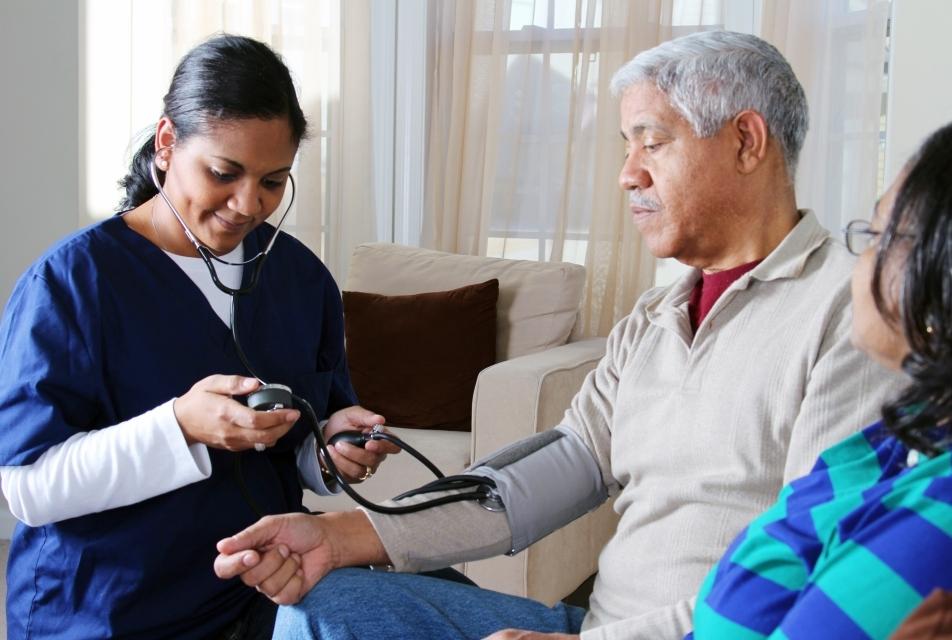
Home health aides (HHAs) are vulnerable to stress, isolation and depressive symptoms, which impact their own health as well as their patients’ desire to age in place, according to Weill Cornell Medicine researchers. HHAs are a rapidly growing workforce trained and certified to provide personal and medical care, as well as emotional support, in the home.
“As a doctor, I’ve learned that home health aides are a critical part of patients’ well-being,” said senior author Dr. Madeline Sterling, associate professor of medicine at Weill Cornell Medicine and a primary care physician at NewYork-Presbyterian/Weill Cornell Medical Center. “Our study identified aspects of their job that affect their mood and stress levels, and suggested ways to address these challenges, including interventions that bring them closer to their colleagues.”
As part of the study, published June 6 in JAMA Network Open, researchers interviewed 28 HHAs in New York City at risk of poor mental health. The study was conducted in collaboration with 1199SEIU Training and Employment Fund, a part of the 1199SEIU United Healthcare Workers East, the largest health care union in the United States.
Read more in Weill Cornell Medicine's news story.

